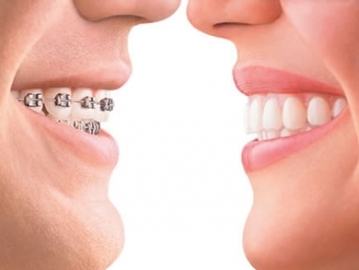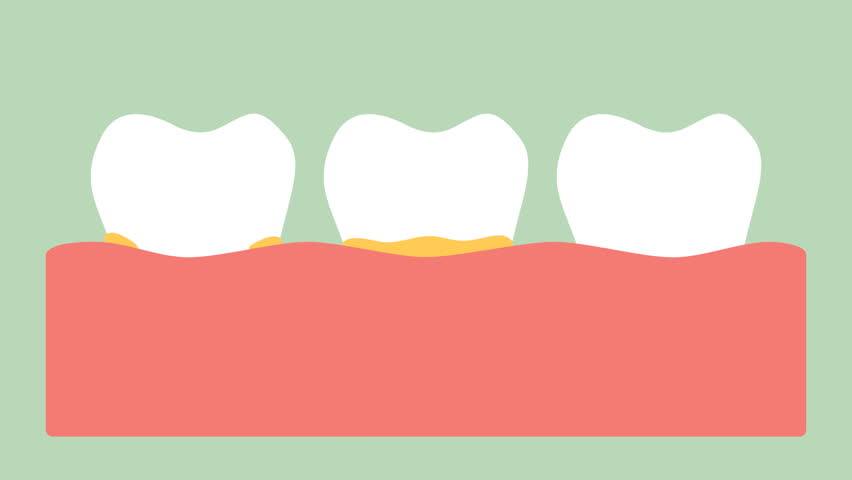Should I remove my wisdom teeth?
The wisdom teeth, wisdom teeth or
third molars are the last teeth to develop and usually appear between 17 and 25
years. In general, they do not need to be extracted if they develop in line
with the rest of the teeth, in healthy conditions, says the best
dentist in Delhi.
However, if you're going to keep
your wisdom teeth, you should get one professional cleaning, reviews regular
and periodic X-rays to monitor any changes. In most cases, the pieces are
completely misaligned and require extraction.
What happens if the wisdom teeth are misaligned?
Misalignment leads to problems
with the adjacent teeth, the jaw, the nerves and also with the rest of wisdom
teeth, as they are surrounded by the soft tissue of the jaw.
In fact, if a partial rash occurs
and is not corrected, this can cause infections and cause pain, swelling or
stiffness of the jaw, among others, says dentist
in saraswati vihar.
How do I know if I have wisdom teeth?
To know the state of your wisdom
teeth, it is necessary to perform an x-ray to evaluate the state and alignment
of the teeth. In general, dentist in Delhi
or oral surgeons recommend removing the teeth even before problems develop. In
this way, a painful extraction is avoided in the future.
It should be noted that
extraction is easier in younger patients, since the roots are not yet fully
developed and the bone is less dense. In older people, the recovery time tends
to be longer.
When is an extraction necessary?
In general, wisdom teeth should
be removed at dental clinic in
saraswati vihar when:
- There are infections and / or
periodontitis.
- There are cavities that cannot
be treated.
- There are cysts, tumours or
other pathologies.
- There is damage to the adjacent
teeth.
- His mouth is not big enough and
the jaw does not have space for an extra set of molars.
How is extraction of the wisdom tooth made?
Once it has been determined that
a wisdom tooth is problematic, it should be removed by an oral surgeon or a
qualified general Dentist in Rani
Bagh. The local anaesthetic is administered to ensure that
the tooth can be extracted without any discomfort. Many people opt for conscious
sedation (a state of sleep, where pain signals are blocked) so they have little
or no memory of having wisdom teeth removed.
Then a minor surgery is performed
at Dental Clinic
in Rani Bagh to remove the tissues and bone around the wisdom
tooth, thus facilitating tooth extraction. Finally, several stitches are made
to close and start healing of the tissue.
The recovery usually takes
between 3 to 5 days and it is normal to have some discomfort; considering the
surgical procedure performed. To help relieve pain, the dentist will prescribe
medications to relieve postoperative symptoms. Also, it is recommended to eat
soft foods for a few days and avoid spicy foods, tobacco and alcohol.






